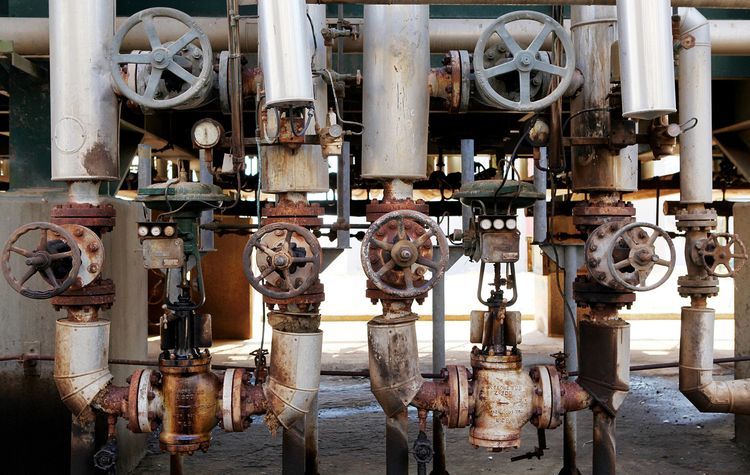
Oil traded above $59 a barrel as crude production in Libya fell below 1 million barrels a day after a pipeline explosion Tuesday.
Futures were little changed in New York after slipping for the first time in more than a week Wednesday. While the halt at the pipeline that carries crude to Libya’s biggest export terminal will keep output below the cap it agreed to last month, it is said to need about a week for repairs. Meanwhile, the American Petroleum Institute was said to report U.S. inventories dropped last week. Government data is also forecast to show stockpiles declined.
Oil is heading for a second yearly advance as the Organization of Petroleum Exporting Countries and its partners including Russia extended supply curbs through the end of 2018. The disruption in the North African nation lifted prices to the highest level in more than two years on Tuesday, offsetting the impact from the return of a major U.K. North Sea pipeline after a shutdown.
“Oil’s rally on the pipeline explosion in Libya may be short-lived as it’s been reported that the repair may not take too much time,” Kim Yumi, a Seoul-based market strategist at Kiwoom Securities Co., said by phone. “We will continue to see prices easing and then being elevated again because while falling stockpiles support prices, rising U.S. production will restrain any increase.”
West Texas Intermediate for February delivery was at $59.78 a barrel on the New York Mercantile Exchange, up 14 cents, at 4:06 p.m. in Seoul. Total volume traded was about 34 percent below the 100-day average. The contract dropped 33 cents to $59.64 Wednesday.
Brent for February settlement, which expires Thursday, added 18 cents to $66.62 a barrel on the London-based ICE Futures Europe exchange after falling 0.9 percent Wednesday. The global benchmark crude traded at a premium of $6.85 to WTI. The more-active March contract was 19 cents higher at $66.18.
Libya’s production dropped to 950,000 barrels a day on Wednesday, a person directly involved in the matter said. Output was 1.08 million barrels a day as of Dec. 18, indicating a drop of 12 percent. While loadings at the Es Sider port are said to be down about 50 percent, it was scheduled to ship 13 cargoes this month, each carrying 600,000 barrels of crude, according to a loading plan obtained by Bloomberg.
U.S. crude stockpiles dropped 5.96 million barrels last week, the American Petroleum Institute was said to report. Gasoline inventories rose by 3.13 million barrels last week, according to the API.
Oil stockpiles probably contracted by 3.75 million barrels last week, according to the median estimate of analysts in a Bloomberg survey before the release of Energy Information Administration data Thursday.
Recommended for you
